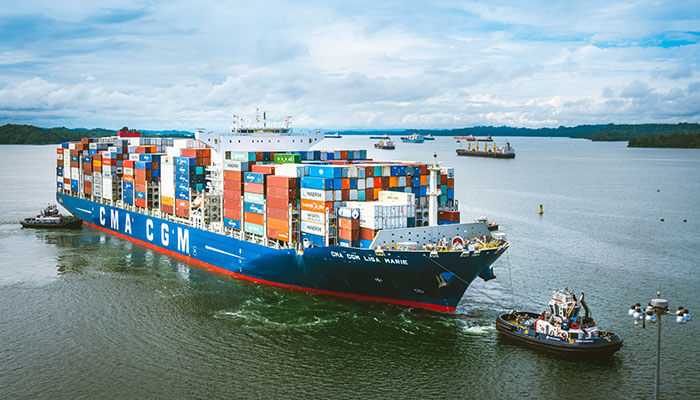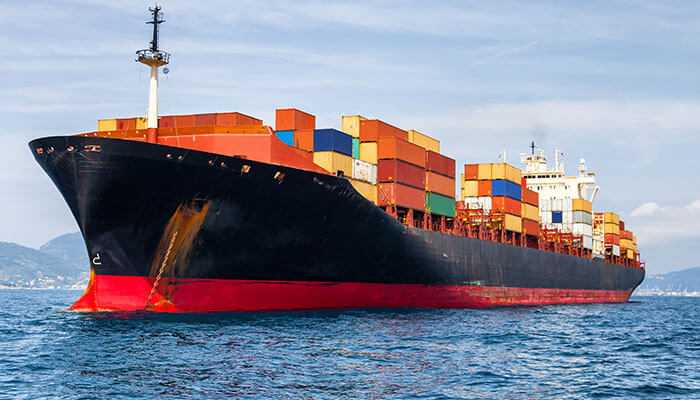The Houthis are a militant group with ties to Iran that rule most of northern Yemen, a Middle Eastern nation devastated by conflict and extreme poverty. The group’s official motto, according to AP, is “Death to America, death to Israel; God is the greatest.” Islam triumphs, the Jews are cursed.” The Houthis are attempting to force Israel into a ceasefire in Gaza by using drones and rockets to target ships in the Red Sea since Hamas’ terrorist attacks on Israel on October 7.
In response to the attacks, shipping behemoths MSC, Maersk, Hapag-Lloyd, and UK oil and gas supermajor BP rerouted their vessels away from the Suez Canal, a crucial waterway that connects Asia to Europe and the US.
The New York Times reports that their ships will probably take a diversion and sail around the Cape of Good Hope, which is located on the southern tip of Africa. This diversion could result in a journey length extension of about 3,300 miles.
In response to attacks, Maersk and CMA CGN have redirected their vessels away from the Red Sea and instituted new fees for the transportation of goods along many of the busiest shipping routes worldwide.
Citing “risks, delays, and difficulties” in sailing through the Red Sea, Denmark’s Maersk announced on Thursday that it will impose an Emergency Contingency Surcharge (ECS) on those same routes starting in the new year and a Transit Disruption Surcharge (TDS) on 27 trade routes effective immediately.
For instance, the company stated that a typical 20-foot container shipping from North America to the Middle East will cost $1,000 more overall on January 1 due to a $200 TDS and a $800 ECS.
Due to worries about the safety of the crews and the vessels themselves, both of these shipping companies, along with Hapag-Lloyd and MSC, are currently avoiding the Suez Canal, a narrow waterway that connects the Red Sea to the Mediterranean and is normally used by up to 30% of container trade.
Since the start of the Israel-Hamas conflict, the Houthis—who are backed by Iran and who advocate for Hamas and the Palestinian people—have launched more aerial attacks.
The Red Sea’s outlet between the Arabian Peninsula and the Horn of Africa, the Bab al-Mandab Strait, was the target of attacks on two MSC vessels last Friday, according to Houthi rebels.
Shipping companies have rerouted some of their ships via the Cape of Good Hope, which is located on the southernmost tip of Africa, due to the febrile situation, which has increased costs and transit times by several weeks.
Ikea issued a warning on Wednesday regarding potential delays and limitations on the availability of specific products due to the ongoing attacks on ships in the Red Sea. The furniture store said that none of the shipping containers that were utilised to deliver its merchandise belonged to it.
There are also disruptions in oil flows. In just one week, the price of a barrel of Brent, the world’s standard oil, has increased by 3.3% to trade at $79. On Monday, BP (BP) declared that it would stop operating its ships across the Red Sea.
The significance of important shipping lanes was brought to light in 2021 during a six-day closure of the Suez Canal. Global supply chains were already under strain when the container ship Ever Given grounded in the waterway in March of that year, delaying consumer goods shipments from Asia to Europe and North America.



